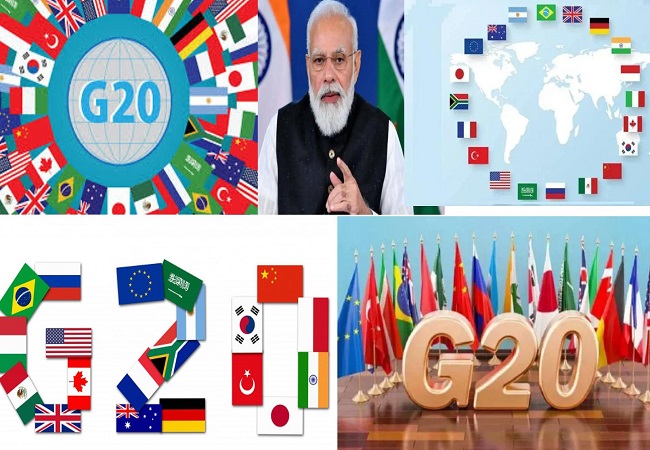
India : The Emerging Focus Of The Geopolitical Lens
Mon, 17 Apr 2023 | Reading Time: 4 minutes

The SCO Summit 2022 in Samarkand, and the announcement of the G20 presidency of India in the later 2022 had already sparked an active dialogue on the changing world order and the role that India has to play. India is, thus, very steadily but strongly taking the centerstage.
India emerged into limelight not only on account of its proliferating power and potential as a major player, but also for other not-so-welcoming reasons. From refraining from voting in the Russia-Ukraine resolutions, to walking out of multilateral engagements and tilting towards bilateralism, she gave all the good justifications for being the talk of the town. So much so, that some were really concerned about India’s growing, but ‘changing’ foreign policy.
The covid and post-covid era brought to the forefront ‘realism’ in much of its form. The world has become a pendulum with ‘multipolarity’ and ‘multi-alignment’ on either side. Non-alignment, the very maiden policy of India, thus, has been very much under question of relevance.
Despite all the bedlam around, India surfaces as a ‘balancing weight,’ standing firm on its roots evident with the theme of G20 presidency. Her affirmation that all answers today lie, not in war, but in peace and dharma, is reflected almost everyday. India’s attendance at UNGA last year, addressing immediate concerns about covid, vaccines, oceans etc. in a holistic manner; going beyond terrorism, trade and tensions (in the border), reasserts her as a ‘visionary of the global.’ She also very bravely put forth that she is ‘ready to take on enhanced responsibility at the global body’ signaling the expansion of the Security Council, and to undo the ‘injustice done to the global south.’ Her ambition to be the ‘Vishwa Guru’ is however not conjectural. She recognizes the inevitable interdependency and interlinking of the global architecture, which is evident from various statements as presented by its leaders, both globally and locally.
In days of rapidly transforming international security landscape, two of the vital tools that lie with India are- its democracy and demography. PM Modi has often harped on the democratic strength and approach that the nation carries with it. Be it to assert ‘the global south’ and rise as its voice promoting inclusivity in the world order; or upholding the nation’s take on dilemmas concerning conflicts and tensions. ‘It’s not an era of war’- this declaration and India’s continuous firm stand on Russia-Ukraine-US nexus only demonstrates her strength as a diplomatic player. Recently too, India abstained from voting in a resolution passed against Sri Lanka, and another against China for HR violations.
Further India remains clear on its objectives about the world affairs, majorly about its engagements bilaterally and multilaterally. India’s presence, active or passive, is being recognized not just by the ones with ‘limited voice’ who see India as their spokesperson, but also by the ‘powerful’ who are skeptical of India joining the UNSC in coming times. Even competing powers too cannot avoid but recognize India’s rising diplomatic strength. Anuradha Chenoy, Adjunct Professor, Jindal Global University remarked in an interview to The Hindu, ”China seems to be recognizing that India is capable of being neutral.…China cannot afford to alienate India any longer, given the kind of polarization in world politics.”
India also gains spotlight by the fact that it is an emulsion of all global concerns. It has its parts to play in terms of terrorism, climate, border conflicts, anti-corruption, energy, trade, tourism, women empowerment, economy, space, technology – or the developed and disadvantaged nexus of nations. It has a kaleidoscopic presence. V. Srinivas, Secretary in the Ministry of Personnel, Public Grievances and Pensions also asserts, “…It is widely felt that in times when there is a crisis of multilateralism, India has the responsibility for bringing stability to a deeply divided multipolar world and crafting broader global responses to the challenges.” When Dr S Jaishankar remarked “that national good and global good can be entirely in harmony” – it presents the idea that individual interests of nations must align with the collective vision of the world, and putting the two apart will only result in anarchy.
Covid let India come out to be a prospective pioneer, a leader gathering the weak in distress together. India’s quick response to the Turkey-Syria earthquake disaster also speaks of not only India’s humanitarian character rooted in its age-old cultural values, but also points to India’s critical assessment of the global future. As Harsh Vardhan Shringla informs, “Under our presidency, we would make efforts with other G20 partners to create mechanisms that strengthen the capacity of developing countries to tackle health crises like the Covid19 pandemic.” It is almost as if the chaotic world proves to be an ‘opportunity in disguise for India.’
Fulfilling almost the vacuum of a ‘responsible global leader,’ however, India does not aspire to be the hegemon like many others. It reflects in its approach where without any obvious enactment of being a leader, it is playing one. Somebody needs to hold the reins.
India’s assertion of a cooperative global order is also evident from its shifting focus on the softer security issues. As Samir Saran suggests “By putting nutrition, food security, and health at the heart of its G20 agenda, India can ensure the success of the Decade of Action on Sustainable Development…”
It is now in her hands to clinch the opportunities provided by the time. India seems to have redesigned its infamous policy of non-alignment, which is also the need of the hour. Transformation is a constant and inevitable process. But transformation without losing one’s ground and foundational visions is a sign of a mature strategy, which at present India is trying to attempt steadily. The outcome of which however experts are skeptical of. And none knows how wise it is to pave this path. But, as Shivshankar Menon opines, “India was not world apart but a complex civilization involved in myriad exchanges – of goods, ideas and peoples- with the surrounding world.’ Therefore, as it has, it must continue to play with its strength.
Disclaimer
The opinions expressed in this article are the author’s own and do not reflect the views of Chanakya Forum. All information provided in this article including timeliness, completeness, accuracy, suitability or validity of information referenced therein, is the sole responsibility of the author. www.chanakyaforum.com does not assume any responsibility for the same.
Chanakya Forum is now on . Click here to join our channel (@ChanakyaForum) and stay updated with the latest headlines and articles.
Important
We work round the clock to bring you the finest articles and updates from around the world. There is a team that works tirelessly to ensure that you have a seamless reading experience. But all this costs money. Please support us so that we keep doing what we do best. Happy Reading
Support Us




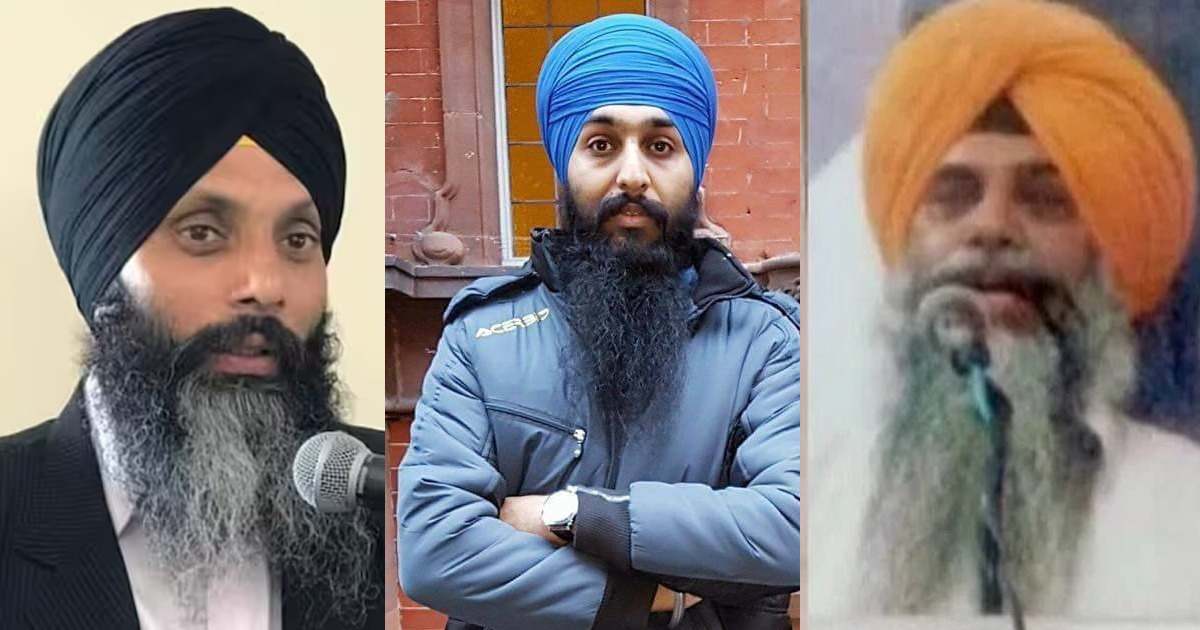
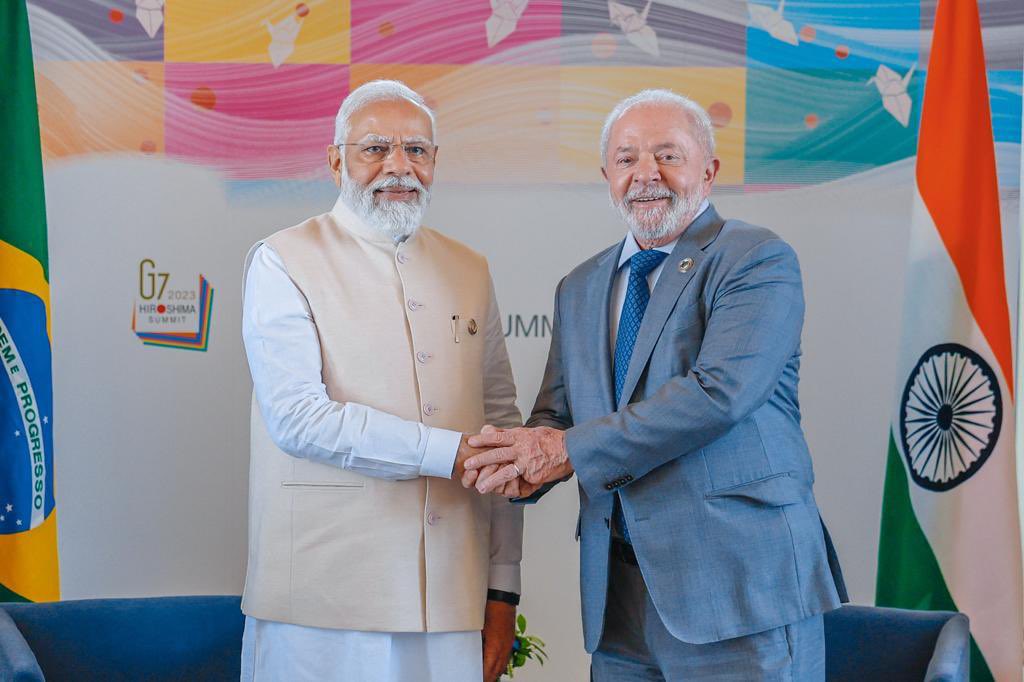

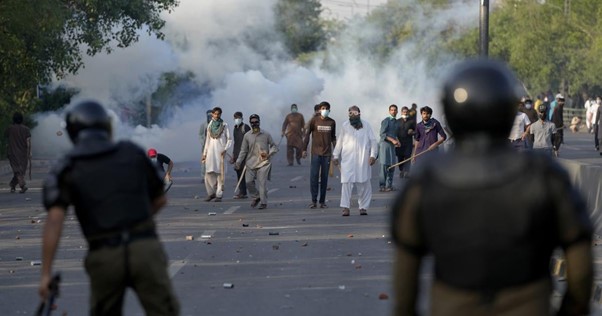

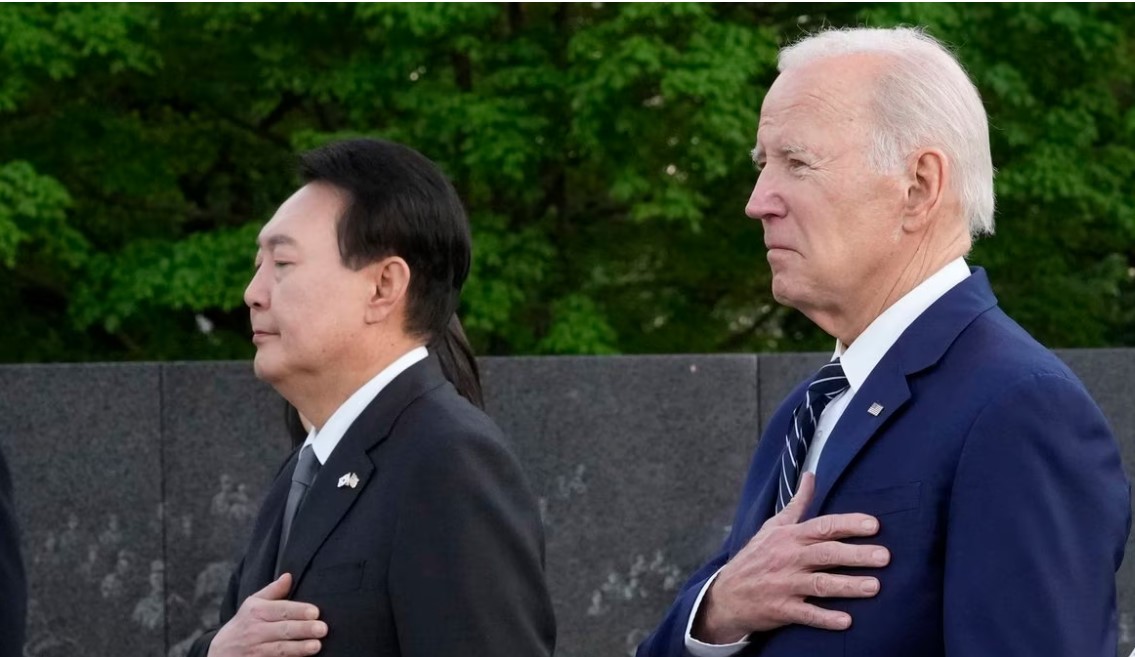

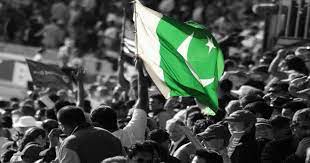
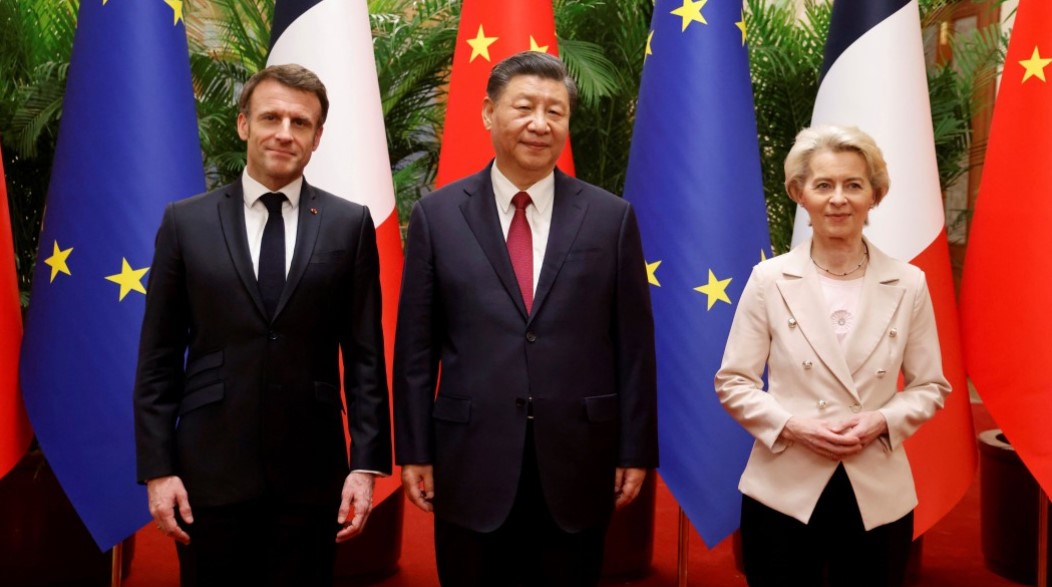







POST COMMENTS (0)